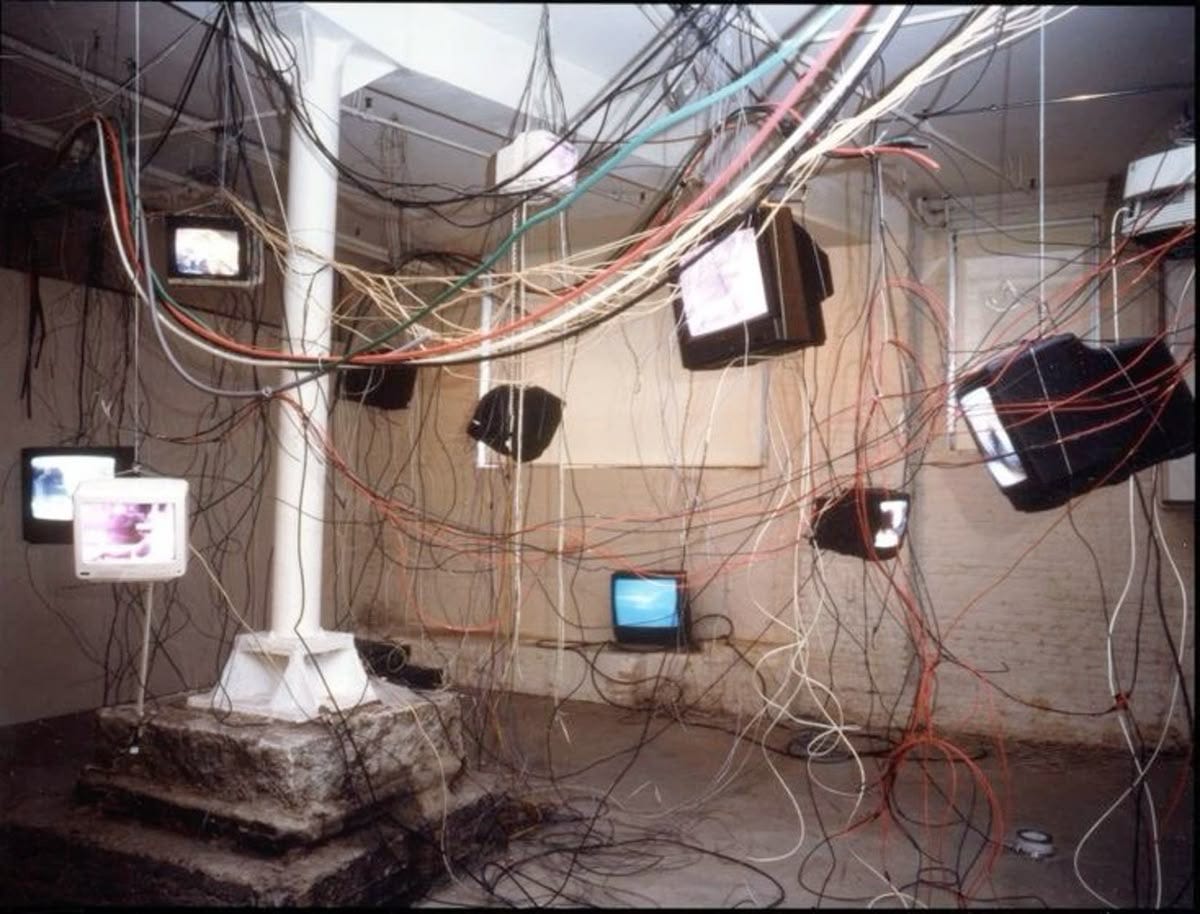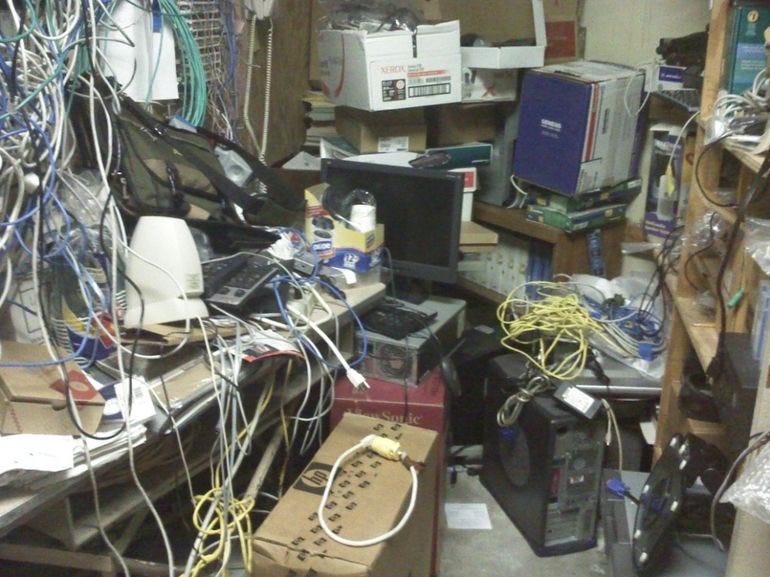Hi, I’m George Westcott. It’s been a good couple of weeks here in Rome. There is something to be said about the way that a new city can make you feel like a ghost. You stroll through the city, unable to interact with the people around you. You desperately want to make new friends but due to the lack of connections you tend to stray away. It makes you feel incorporeal. It’s strange.
That’s an aside. A life update, if you will. As of recently, I have been consuming a lot of content. There’s little else to do when you have a lot of free time around your classes. What I have seen recently is that, like most times on the internet, it seems like a growing realization around the top of the content creation ladder. This is in response to the exposing of his ties to sexual misconduct, the new release of his Lunchables replacement product, and the general growing malaise around the social media top 1 percenters. This goes for the critique of Mr Beast. I have wanted to write about the way that his following is essentially religious, serving as a messiah figure of capitalism, business Jesus in every way possible.
That's not what I want to talk about today, however. In the rise of monocultural growth that has come with the rise of the “content creator”, there has been a mass tendency towards a full optimization of everything you make. Every single piece of content or thing you post, and every interaction has to reflect your “brand” and cannot be without use. Leaving university and knowing that I will have to go through social media if I want to make it in the cultural industry. I think that Mr Beast has been a central part of this in the post-Covid world.
What do I mean by Optimization? When I talk about optimization, I specifically point toward the way that everything's meant to be beneficial financially in any way. Optimization can be done in so many ways since it is quite a vague term. Optimization can refer to making your thumbnails on YouTube as clickbait-y as possible to gain the most amount of views. Optimizing can also look like trend hopping as fast as possible to gain momentum from the algorithm. Of course, this is nothing new. Discussions about going too much alongside the algorithm have been around since the algorithm has been there. Optimizing is this shift of focus, from making things for the sake of making things to the full-throttled shift towards profit, even if that profit isn’t directly monetary.
The issue with this concept is that it is feeling-based and difficult to quantify. Indescribable and mutable. Someone optimizing is tough to recognize in a direct sense. Optimization can mostly be understood, in my perspective, in the whole of their body of work. Optimization is direction, not in the one but in the whole.
Now, I want to preface this next point by saying that I know that the discussion around Mr Beast is meddled with other outlying factors. The strange sex scandals, the reporting of negative behavior on set, and the way he has parasitically leeched himself to all other popular peers of his. These are the context of the current dissatisfaction towards him. What I want to posit instead, is that the current dissatisfaction is more of a great shift against this larger generation of content creators who have optimized.
I think that there’s finally a distaste for how some content creators interact with what they make, seeing the profit as the only benefit of their work. Of course, if you can make money, I don’t see any issue with profiting from your work. My issue is when the process of making things is money first, an approach that has sadly consumed any other way of making media. The fact was that, traditionally, mainstream media was media made with profit in mind. This was the media that was made and funded by corporate incentives. Social media content, content creators were the alternative avenue for media. Now it has overtaken itself, deep into optimization.
However, there are points to be made against this hypothesis. You can point to the early use of social media advertising and the rise of clickbait to point out that this is not a new issue. This goes double for the way that people were critical of it then. The highlight here is the fact that the people who were doing it then have instead been replaced by actual corporations. Much like when a movie is written by a group of executives, it is made not out of passion, but instead to accumulate wealth.
What has happened in response, is that now the people, the human element of this work, have been consumed by this corporate style of content creation. People, seeing the success seen by the monetary strategies of these larger team styles of content creation, have to now seek out ways of competing with these people who have optimized.
What happens in consequence of this conception of work, is that it loses soul. Because they are pushed into chasing trends making the editing algorithm-friendly will normally make it soulless. Of course, this is quite abstract, something of note purely in this pseudo-spiritual form. It comes more from that I don't think that optimization, in most cases, is of true interest to us. Our optimization instinct is mostly financial or growth-based, not out of pure passion and love. The best content I have read/watched has been mostly smaller productions that come with passion. What’s the last Mr Beast video that you remember? These types of content normally don't stick with you in any way that matters.
I think that’s a tragedy, the loss of soul in art. As I mentioned earlier, social media was a response and an alternative to mainstream media that had become over-optimized. It is no wonder that social media and YouTube picked up during the 2007-2008 financial crisis. Tragically, the same grassroots media has been consumed into mass-media productions tied to large corporations (Amazon for the case of Mr Beast). I think I am glad that people are becoming critical of the way that these people have sold out but don’t see exactly why it is wrong, merely feeling the soulless touch of their work. This goes double now with the full adoption of AI art, literally soulless art in the pursuit of cutting out the costs of human touch. This is the crisis of optimization in the world of making.
The reason I want to write about this is specifically because I felt victim of it. A couple of months ago, I felt I wasn’t growing this project enough. Being faced with the opportunity of applying to a cultural analysis master's after the current master's I’m doing, I felt like I had to produce something larger, something that could impress the university application committee. I found myself going down a round of reading a lot of corporate blogs on blogging and creative writing pages, the opinions of experts. The experts, for the most part, promoted this optimization. I came to the realization that I was writing, not what I wanted to write but instead writing the
So, here’s my proposition, I won’t optimize. When you read a Quiltro article, it will be something that truly brings me joy and fulfillment. I feel like these last couple of months I have fallen into pop culture critique which is something I am not so happy with. It is easy and it has brought results. It lures you into a dopamine cycle, posting on whatever is popular at the time and making a grandstand. Of course, I won't ever comment on pop events, that’s just not how I roll. I read an essay on Internet Criticism by Philomena Marie which just resonated with me. The essay titled “I am not an internet critic” (linked bellow). The essay specifically critiques the traditional writing cliches that are part of the main instinct as a writer, to comment on whatever is big and make it pop for social media. It’s something that I reflexively do. What I want to do, however, is make it so that if I comment on anything popular at the moment, I want to offer commentary of value, I will not optimize. I want my writings to feel human, especially when a lot of my work is so personal to me. I feel like it would be a disservice to optimize work that is so personal to me.
I’m currently wrapping up an article on the panopticon and Hawk Tuah, months after the social media frenzy facing Hailey Welch. It’s still in work since I’m trying to make sure I nail my panopticon analogy but we’ll see. I’ve also been working on a video essay script that I have had in mind for a long time. I really want to film it as soon as I get the chance so I actually would love to hear if you guys are legitimately interested in it.









